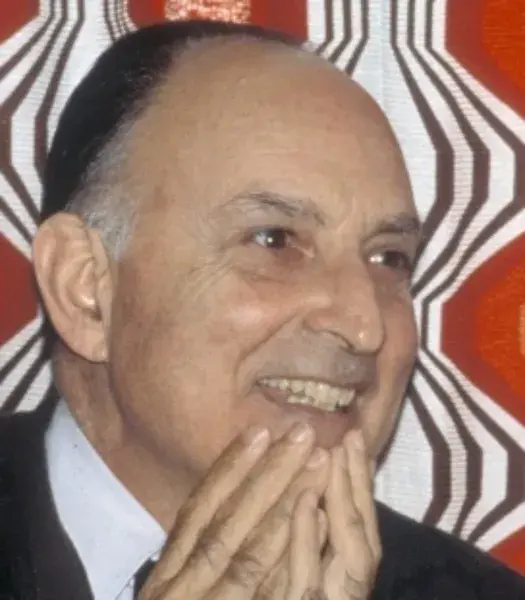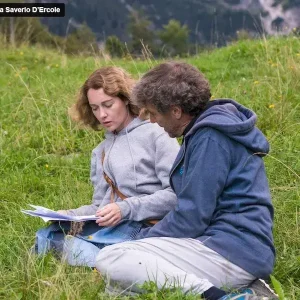
15.03.2022
Focolare Movement in the pre- and post-conciliar period (1950/1967). This is the title of the doctoral thesis in Culture of Unity by Prof. Michele Zanzucchi, discussed on 15 March at the Sophia University Institute.
- By Silvano Malini
The 1,073-page text was discussed by the doctoral student – journalist, writer and lecturer, a member of NetOne from the very first hour – before a commission composed of professors: Giuseppe Argiolas (chairman), Piero Coda (rapporteur), Bernhard Callebaut, Marco Luppi and Lucetta Scaraffia.
Three main reasons for the academic interest of the chosen topic, according to the author: the human story of its protagonist – co-founder of the Focolare Movement, priest, theologian, and before that even an early fighter in the last years of World War II and an intellectually restless – Foresi’s “weight in the conciliar debate” and his reflection as a theologian and philosopher.
After some notes on the life of Pasquale Foresi, resulting from Zanzucchi’s previous work In fuga Per la verità. Pasquale Foresi – the biography. Part One (1929-1954), the doctoral student briefly illustrated the contents of the thesis he was presenting.
In 1949, at the age of 20, Foresi met Chiara Lubich and was “immediately fascinated by her mystical and active life” profoundly evangelical. This is how he reacted to her words: “I found the solution to the philosophical problem par excellence, which is that of the one and the many”. He never returned home, he followed the foundress of the Focolare Movement to Rome. She “who did not know his past” – as the doctoral student underlined – “invited him to share the responsibility of the Movement with her”. Thus began a long period, lasting until the autumn of 1967, “which saw the tireless and at times ingenious work of Foresi, who contributed to the “concrete realisation” of the Focolare Movement.
Foresi was “decisive” in the process of ecclesiastical approval of the Movement” and in “translating into thought the mystical intuitions of Lubich by proposing a version of spirituality acceptableby the Catholic tradition”, as well as “essential in realising the Focolare’s most important works” (publishing houses, meeting and formation centres, citadels of life in common). “Naturally traditionalist, he knew how to become extremely innovative” in applying the pressing insights of Lubich.
Zanzucchi summed up Pasquale Foresi’s cultural contribution to the concretisation and cultural development of the Movement: “the innovation of action”, “the ability to establish high-level relationships useful for the growth of the Movement and the contribution to the cultural elaboration of the of Lubich’s mystical intuitions” . Insights that, as the author was able to prove not without surprise, were exclusive to Lubich, while the ‘incarnating capacity’ of Foresi is undeniable. Foresi, among other things, allowed the new lay ecclesial reality to expand abroad. Without his contribution, it would have been difficult to find the right ways and even the necessary resources to do so.
Stimulating were the interventions of the commission members, who were interested in further deepening the figure of Foresi and his multifaceted cultural contribution. “Pasquale Foresi is a truly original, of which there are very few examples within the Catholic Church, for his strength and for his genuineness. He has a number of very strong qualities that he manages to truly engage when he encounters a project that he considers true and authentic,” said Lucetta Scaraffia, willing to work together with the university to undertake an ‘interpretative phase’ of the study of this figure, starting with Dr Zanzucchi’s thesis.








